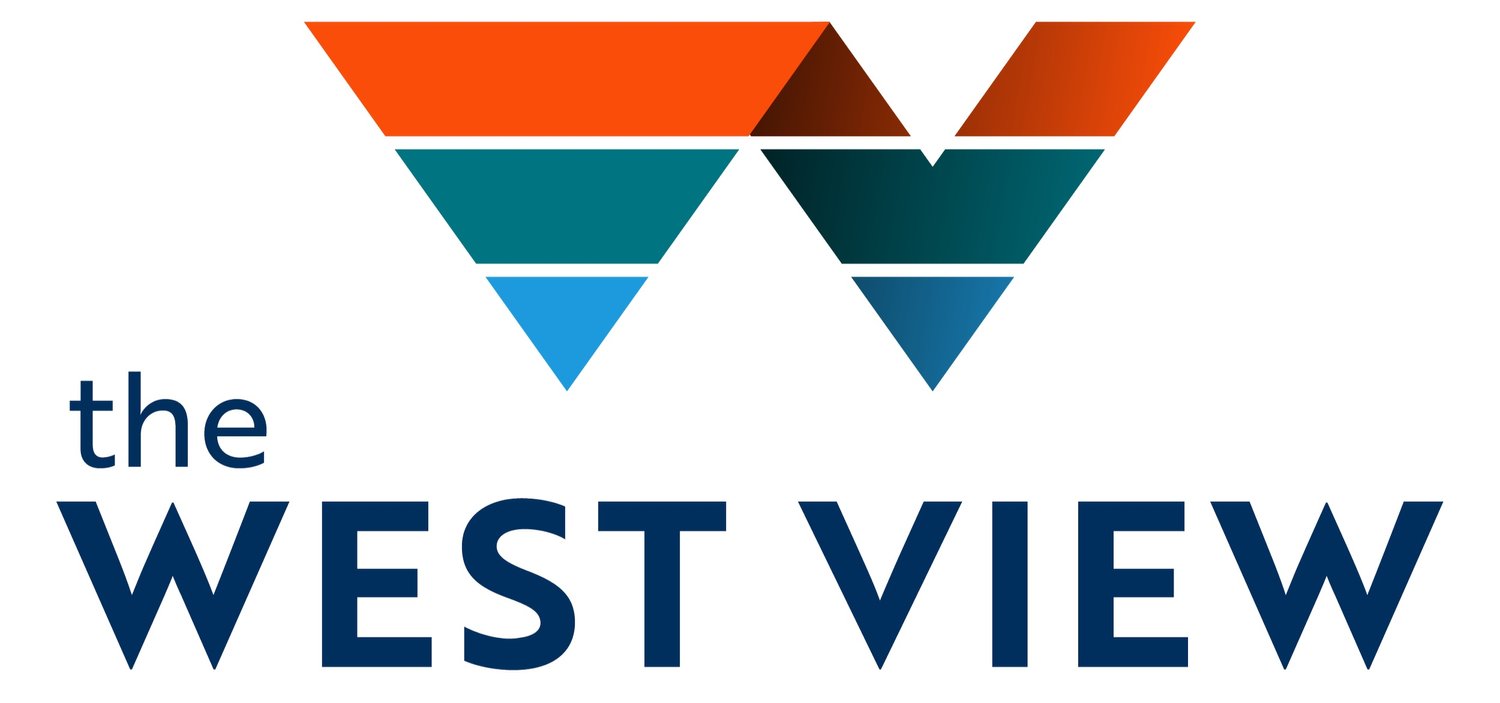Homelessness takes center stage in race for Salt Lake City mayor
Salt Lake City mayoral candidates attend the Westside Candidate Forum in September. Ben Winslow of Fox13 (far left) moderated. At the table, the candidates – from left to right – are Rocky Anderson, Erin Mendenhall, and Michael Valentine.
Election day is just around the corner in Utah, and with it, the chance to vote for the next mayor of Salt Lake City. The options: incumbent candidate Erin Mendenhall, former mayor Rocky Anderson, and newcomer Michael Valentine.
“The ability to bring people together” is the main message of current mayor Erin Mendenhall’s campaign. She’s often touted her ability to create partnerships in order to deliver results.
For former mayor Rocky Anderson, it’s all about results. He often refers back to projects he accomplished during his eight years as Salt Lake City mayor in the 2000s, saying he has “a record of getting things done.”
New-to-politics candidate Michael Valentine hopes to bring a new voice to city government; a voice for the millennials, the independents, and the homeless.
Issues abound in races such as these, but this year, the most discussed topic was the state of homelessness, and services and facilities for the unhoused.
In late September, the Westside Coalition and League of Women Voters sponsored a forum at the State Fairpark, giving the candidates a chance to connect with Westside voters. Each of the three candidates attended, and right from the start, they began focusing on homelessness.
Anderson spoke first, critiquing Mendenhall, saying the city had been “betrayed by indifference” when it came to the homelessness crisis. He said the city hadn’t been focused enough on this issue, and claimed that many deaths last winter were due to a lack of decent shelter.
Anderson’s plan to address the homeless crisis involves several steps, the first of which is to “eliminate encampments in parks and elsewhere throughout the city by providing a temporary secured sanctioned camp” [emphasis Anderson’s]. These camps would feature restroom facilities, showers, storage lockers, and access to professional outreach/case management workers. Before the next winter, Anderson says he’d ensure secure shelter for the homeless. Eventually, his focus is to invest in permanent housing, helping the chronically unhoused transition to housing, jobs, and appropriate treatment.
Valentine took the stage next, saying that he was “running to eradicate homelessness.” As someone who was previously homeless and currently owns a business at The Gateway – near several homeless camps – Valentine said he understands the issue more personally than either candidate.
Valentine’s homeless plan begins with an immediate emergency declaration for homelessness. As part of that, he vows to “make abatements illegal, designate several spots for sanctioned camping, and coordinate with all community groups for resources and services.” His plan also includes long-term solutions, such as directing the city’s redevelopment agency (RDA) to use existing property and resources to build more public housing.
Valentine criticizes Mendenhall’s response to the homelessness crisis, saying under her stewardship, the RDA has focused too much on luxury housing while ignoring those who are most in need. According to a Facebook post where Valentine outlines his plan, he says it’s his “ambitious goal” to house everyone within the first year of his term.
When speaking about her response to the homelessness crisis, Mendenhall was quick to point out that “homelessness is complex,” and claimed that the city’s plan to address it was complex as well. She said that under her administration, more affordable housing units have been built than all previous mayors combined.
Mendenhall also reiterated something she’s spoken about several times with regards to homelessness: Salt Lake City cannot solve the problem on their own. She emphasized the need for county and state assistance, as well as help from other nearby communities. She claimed that as mayor, she’s been able to rebuild and strengthen relationships with other government entities – relationships that she said were damaged by previous administrations.
Mendenhall’s actual plan to solve the homeless crisis, according to her campaign platform, is to partner with private groups to build more affordable housing, to bring support services directly to the homeless community, create temporary winter shelters, and work to prevent further evictions. She says her administration has made great progress during the last term, but that they need another four years to make an even greater impact.

